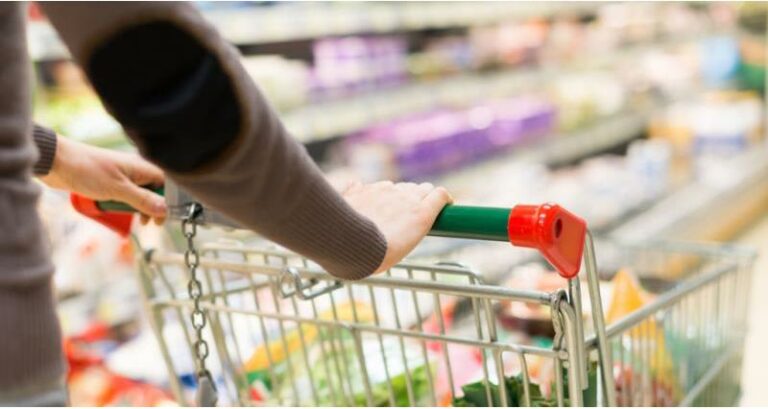Aldi has announced record results for its latest financial year, with growth accelerating in 2017 as rising numbers of British shoppers switch their supermarket.
Aldi’s current growth rate in the UK is now 15.6%, according to Kantar Worldpanel data. The supermarket also said like-for-like sales were strongly positive during 2016 and have accelerated in 2017.
The business, which operates 726 UK stores, said growth had been driven by over one million new customers switching to Aldi during the past year.
Aldi is the fifth biggest supermarket with a 6.9% share of the market, said its best-performing categories were its Specially Selected range of premium quality products, alongside fresh fruit and veg, fish and meat. In the current year so far, sales of Specially Selected are up 40%.
The privately-owned business said it planned to open a further 70 new UK stores in 2018 as part of its plans to reach 1,000 by 2022. A record 23 stores are planned to open in the final three months of the year.
Aldi said a further 150 stores would open next year under its Project Fresh initiative, a £300m investment programme to create more in store space for fresh, chilled and food-to-go ranges as well as simpler layouts, improved fixtures and brighter, wider aisles. By the end of 2018, a total of 250 stores will have launched in the new format.
Matthew Barnes, Chief Executive Officer of Aldi UK and Ireland, said: “Our growth is accelerating, thanks to the hundreds of thousands of new customers switching their shop to Aldi. This is happening right across the UK and is all down to a simple, straightforward commitment to products comparable to the leading brands and supermarket premium ranges at the lowest prices in Britain.
Last year, the business invested over £450m of capital expenditure in opening new stores and improving its distribution centres in the UK and Ireland, bringing total investment over the past five years to £2bn. Aldi said future capital expenditure plans remained entirely unaffected by the UK’s decision to leave the EU and that it expects to invest £459m during 2017.


